What are the best fertilizers for onion farming in Kenya?
I am always on the lookout for the best fertilizers to use on my farm. After all, providing the right nutrients to my onion plants is crucial for achieving high yields and a bountiful harvest. In this article, I will share some of the best fertilizers for onion farming in Kenya, and explain how and when to use them for maximum effectiveness.
Contents
Organic Fertilizers
One of the best types of fertilizers for onion farming in Kenya is organic fertilizers. Organic fertilizers are made from natural materials such as bone meal, blood meal, and fish emulsion. These fertilizers provide a slow release of nutrients to the plants, which helps to promote healthy growth and development. Organic fertilizers also improve the overall structure of the soil, making it easier for plants to absorb nutrients.
One example of an organic fertilizer that I use on my farm is chicken manure. It is rich in nitrogen, phosphorus, and potassium, which are the three main nutrients that onions need to grow. I use chicken manure as a side dressing for my onions, applying it to the soil around the base of the plants when they are about 10cm tall.
Another example of an organic fertilizer that I use is compost. Compost is made by breaking down organic matter such as leaves and grass clippings, and it is a great source of nutrients for onions. I make my own compost using a simple pit or trench method, and then use it as a top dressing for my onions.
Inorganic Fertilizers
Another type of fertilizer that I use for my onions is inorganic fertilizers. Inorganic fertilizers are made from synthetic materials and they provide a quick release of nutrients to plants. They are particularly useful when plants need a quick boost of nutrients, such as when they are in the vegetative stage of growth.
One example of an inorganic fertilizer that I use is a balanced NPK fertilizer. This type of fertilizer contains equal amounts of nitrogen, phosphorus, and potassium, which are the three main nutrients that onions need to grow. I apply this fertilizer as a side dressing when the onions are about 10cm tall and again when they are about 20cm tall.
Another example of an inorganic fertilizer that I use is foliar fertilizer. This type of fertilizer is applied directly to the leaves of the plants, rather than to the soil. I use this type of fertilizer when the plants are in the vegetative stage of growth, as it gives them a quick boost of nutrients and helps to promote healthy leaf growth.
Specialty Fertilizers
In addition to organic and inorganic fertilizers, there are also specialty fertilizers that can be used to provide specific nutrients to the onions. For example, I use a sulfur fertilizer to provide sulfur to the onions. This is an important nutrient for onion growth and development, and it helps to promote healthy root growth.
Another example of a specialty fertilizer that I use is calcium fertilizer. This type of fertilizer is particularly useful for onions, as it helps to prevent the bulbs from rotting. Calcium is also important for healthy cell growth and development, and it helps to promote strong and healthy onion bulbs.
Conclusion
As an onion farmer in Kenya, I find that using a combination of organic, inorganic, and specialty fertilizers is the best way to provide my onions with the nutrients they need to grow healthy and strong. By using these different types of fertilizers, I can ensure that my onions receive the right balance of nutrients at the right time, which leads to high yields and a bountiful harvest.
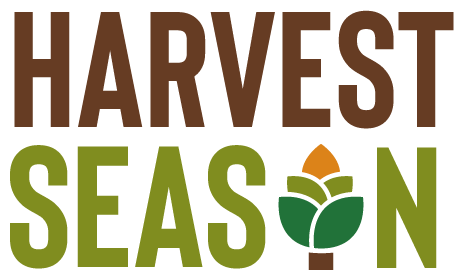
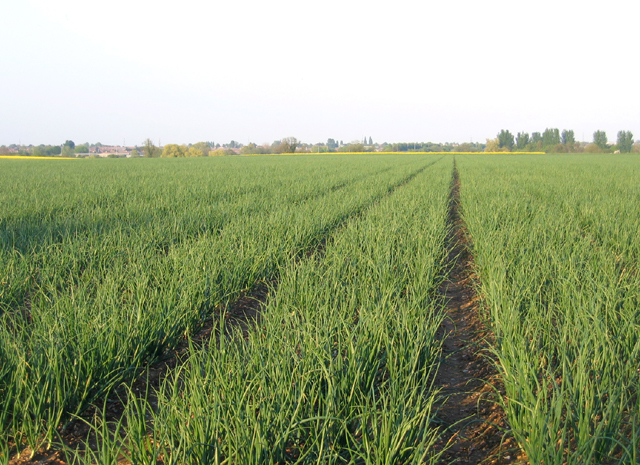
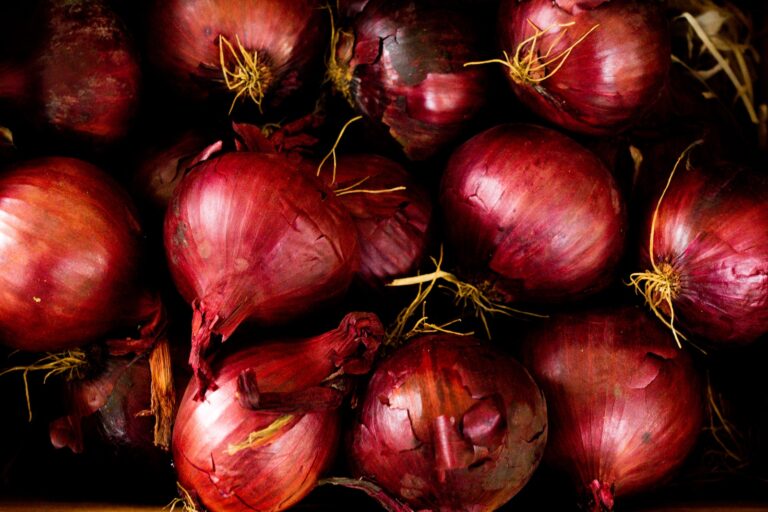
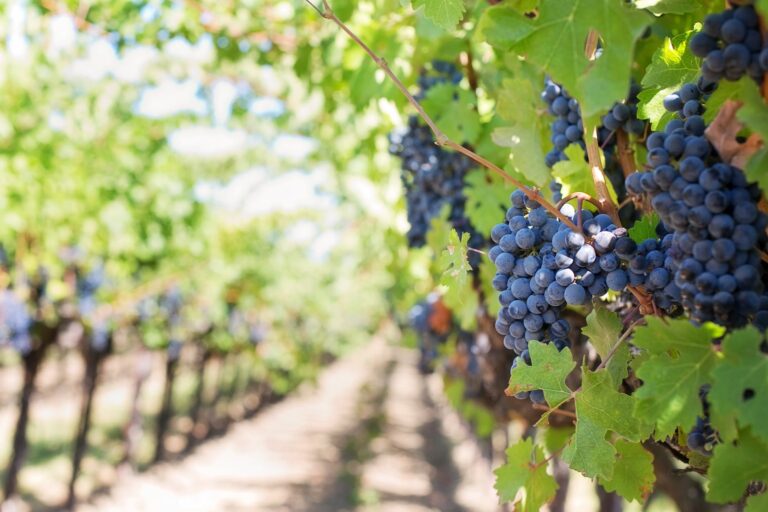
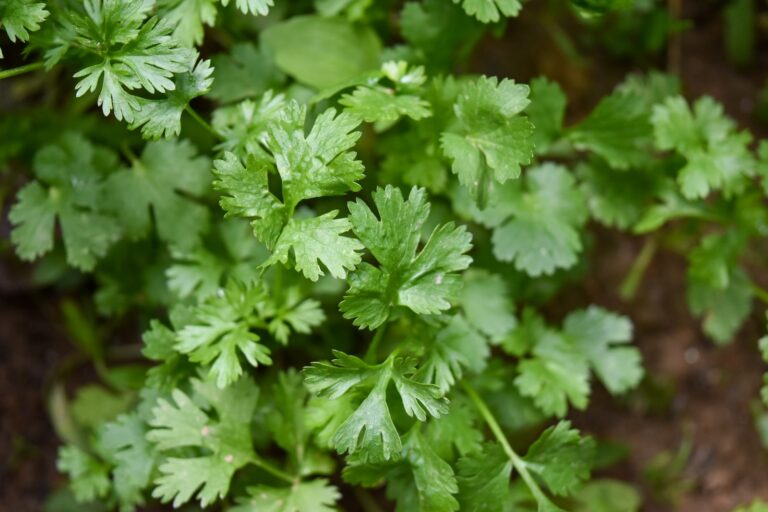
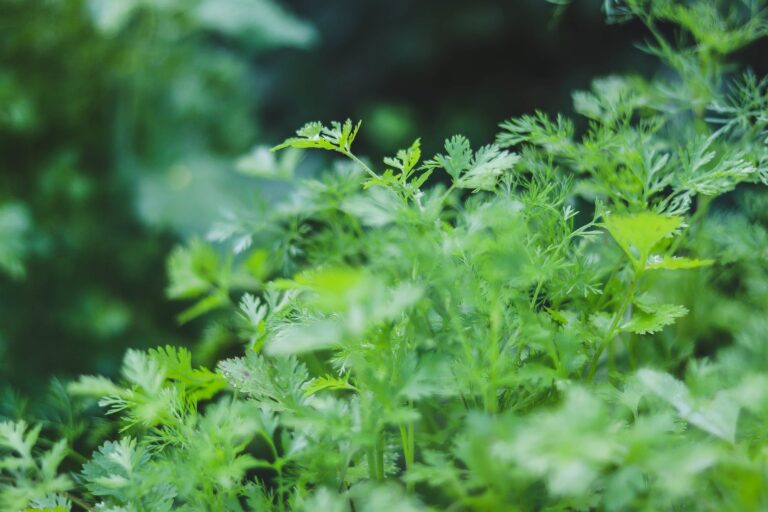
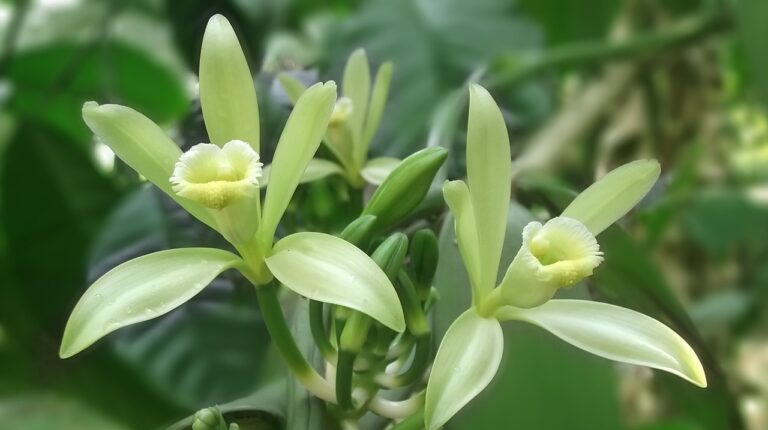
how much do u cahrge for soil testing